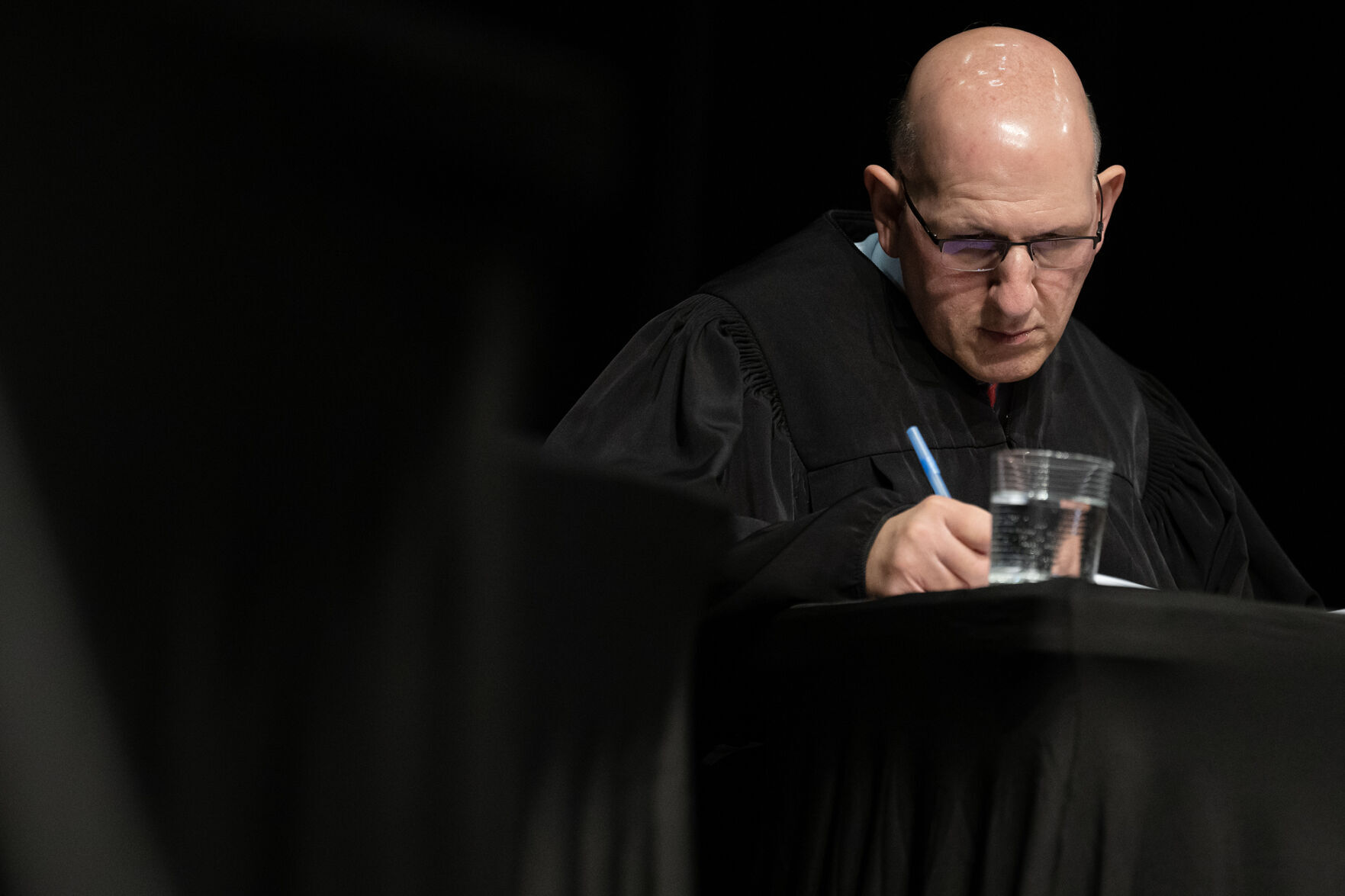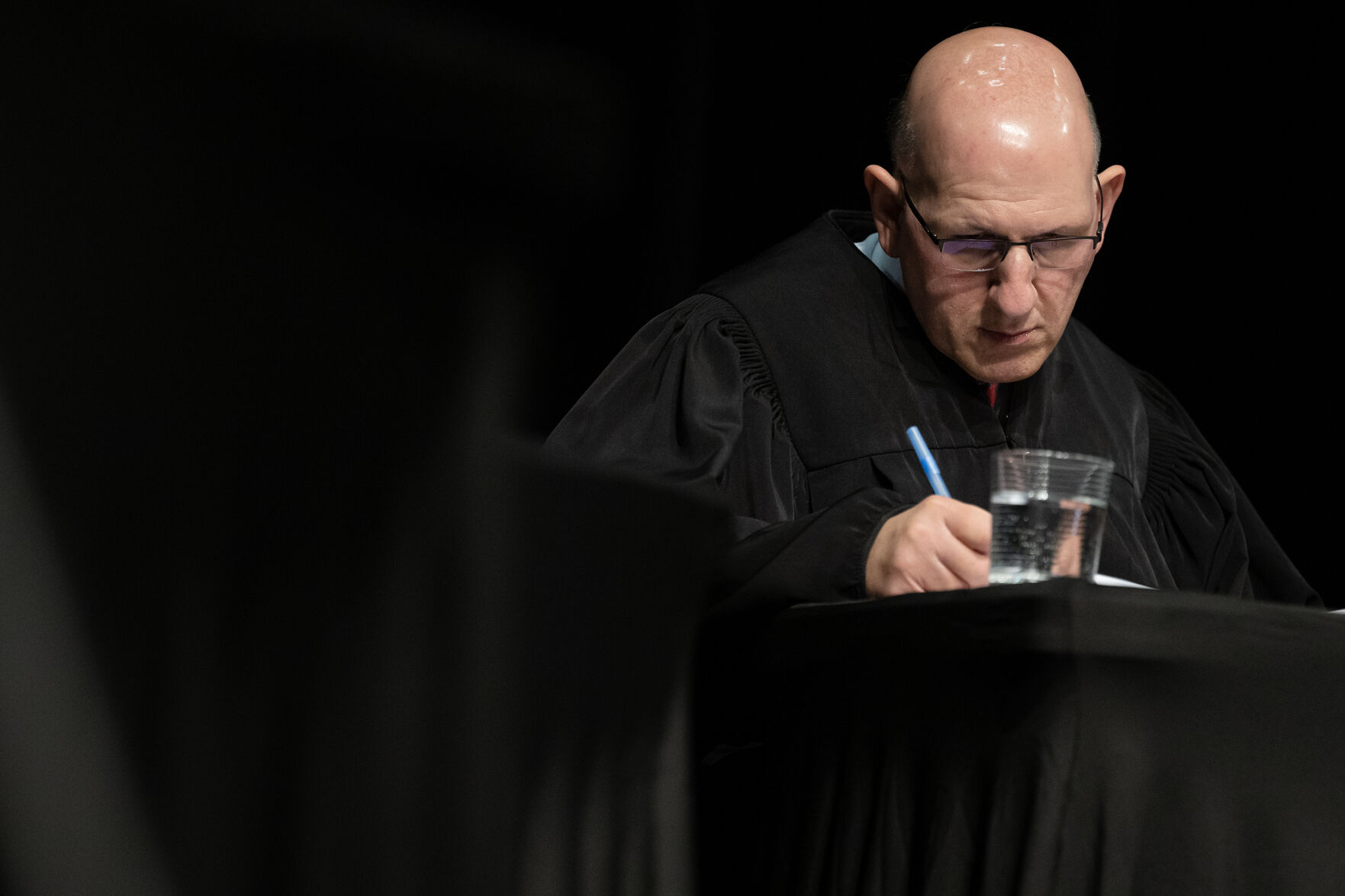Colorado justices clarify threshold for accessing government files in child neglect cases

The Colorado Supreme Court on Tuesday rebuffed Washington County’s request to apply a tougher standard for parents who seek to access government documents in child neglect cases, instead adopting the more lenient threshold for civil proceedings.
The ruling makes it easier for a father and mother in an ongoing custody case to obtain records Washington County claimed to be protected by attorney-client privilege. The county withheld the files after the parents asked for materials about the county’s troubled Department of Human services, which the state is currently investigating.
When Washington County attempted to terminate the legal rights of the father and mother over their three children, the father subpoenaed records related to the department’s former director, Grant Smith. The father believed Smith made denigrating statements about him. Earlier this year, 9News reported that the state’s Child Protection Ombudsman had raised the alarm about systemic bias under Smith’s watch.
“Specifically, our research suggests that staff of the WCDHS held negative opinions of parents which impacted the WCDHS’ willingness to provide families with the required services and care,” wrote Amanda Pennington, the office’s director of client services. “The CPO is concerned that WCDHS actions may have created unnecessary or prolonged separation of families as well as compromised the safety and well-being of children in Washington County.”

Washington County provided some documents in response to the father’s request but withheld eight emails and a redacted document. It listed the files in a log, marking each as “attorney-client privileged.” The descriptions were all vague:
? Re: Washington County
? Re: (Father) and (Mother)
? Washington County Systemic Review of Cases
The father argued the materials were wrongly withheld and asked a judge to privately review the files and see if they truly were shielded by attorney-client privilege. He relied on a June 2005 case from the Supreme Court, which held that judges in civil cases can examine withheld materials based on challenges to their log descriptions.
Washington County argued that a different Supreme Court case – decided six days before the case father cited – applied. That decision involved a criminal appeal where the Supreme Court laid out a higher threshold for reviewing a defense lawyer’s entire file, requiring judges to consider six factors related to scope and relevance before making their decision.
District Court Judge Justin B. Haenlein agreed with the father’s interpretation of the law, but Washington County appealed to the Supreme Court before Haenlein could inspect the files.
The Supreme Court also sided with the father, finding the less rigorous path for seeking a review of withheld documents applied.
“Here, Washington County provided Father a rather nebulous privilege log that was bereft of details,” wrote Justice Carlos A. Samour Jr. in the Nov. 14 opinion. “And because the anemic log didn’t allow the district court to assess Washington County’s privilege claim either, the court had little choice but to grant Father’s request.”
Joel M. Pratt, a lawyer who handles child welfare cases, called the decision a helpful clarification for understanding when judges will need to review materials allegedly shielded from disclosure.
“It makes sense that a request for a lawyer’s entire file would be treated with more skepticism than a general request for information that may include some privileged information,” he said.
Stephanie Villafuerte, the state’s child protection ombudsman, said her office is a party to another case before the Supreme Court, also involving Washington County. Villafuerte’s office received a copy of the independent investigation into potential misconduct in the county’s Department of Human Services, but Washington County has appealed the court order that enabled the report’s release.
A spokesperson for the Colorado Department of Human Services said the agency was approximately two or three weeks away from completing its own inquiry into Washington County.
The case is People in the Interest of J.P. et al.













